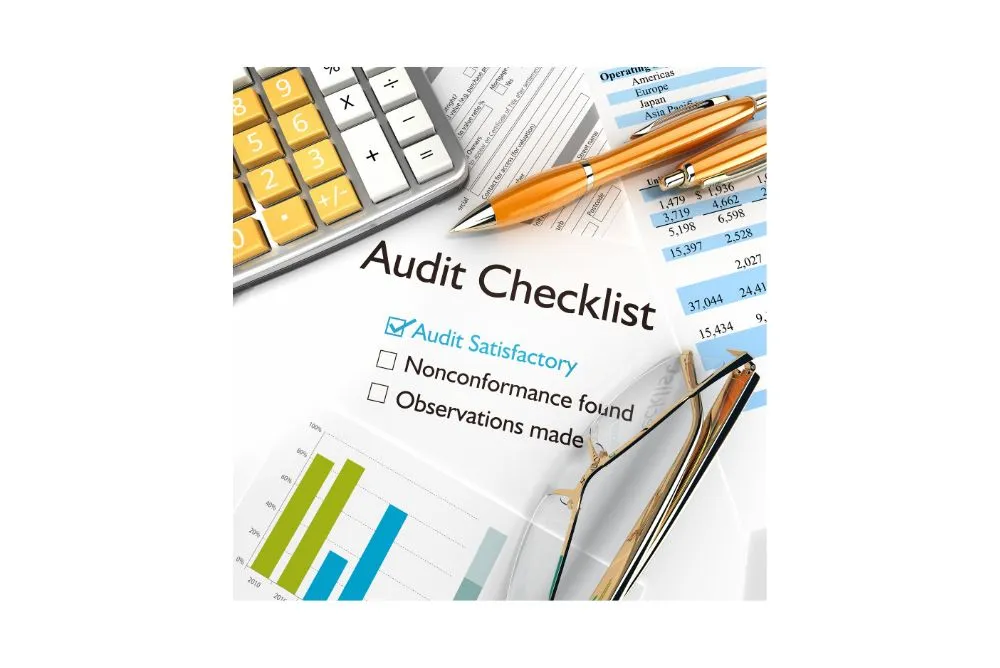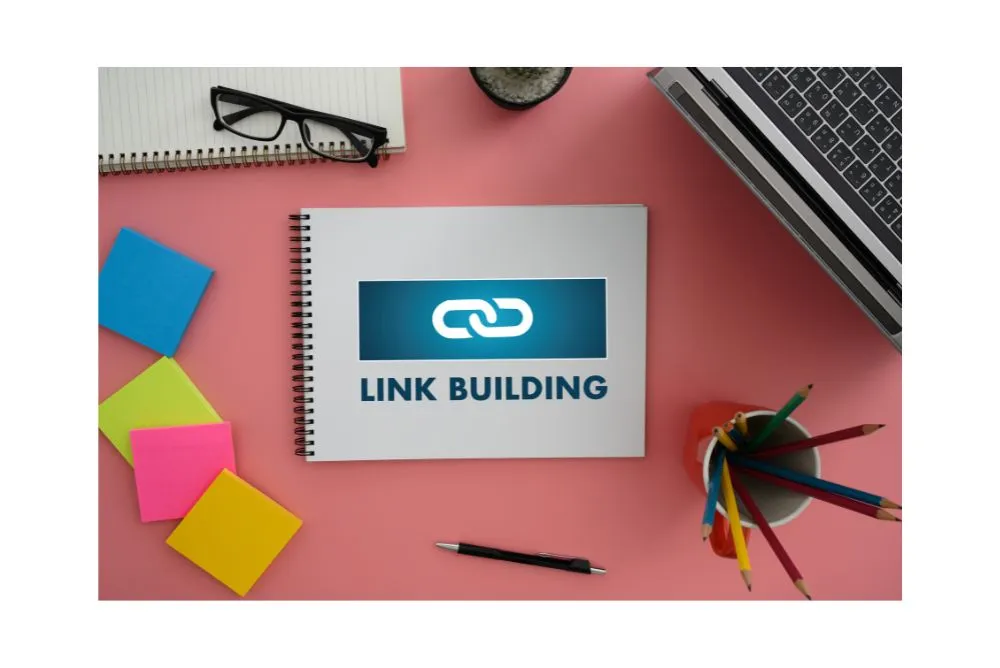Local SEO Mastery
Connect, Convert, Succeed
Google processes over 8.2 billion searches daily. 73% of clicks go to those on the first page, so ranking high is critical. At Local SEO, we aim to get your business to that #1 spot.
We’ll optimize your website. This means making sure your website is easy for Google to find and understand. We’ll use the right keywords, improve your site’s speed, and make sure it looks good on all devices.
We’ll build local citations. We’ll list your business in important online directories. This way, people can find you without difficulty.

At Local SEO, we provide complete SEO services. We are a trusted SEO company. We use proven techniques to achieve your goals. From keyword research to local SEO, we handle everything. Our expert SEO services are:
Website audits help identify your site’s performance. Our specialists can identify the complete search engine optimization (SEO) health. Through the audit, you can improve the user experience. The audit is important for fixing all the errors.
Our professional website developer designs your site. The customized site design we create helps to improve your conversion rates. Our developer optimizes your site following the rules of SEO. Our website design accommodates users on all devices. We use:

Backlinks help improve your site’s trust by up to 70%. So, we analyze your competitors. Then create customized link-building plans to rank your site. We also identify relevant, high-authority websites for potential backlinks.
Our team has good ties with influencers and bloggers. Also, we create niche-relevant directories with accurate information. We also provide broken link building and have white hat techniques.
We create and optimize category pages and product pages for e-commerce sites. We create rich snippets for product listings. We also target keywords to optimize your online store. We analyze sales performance to grow your business.
Appropriate content marketing can reduce your traditional marketing costs. Quality content helps to increase leads. Informative content helps to attract customers and reduce bounce rates. Our experts optimize existing pages and include updated information.

Google Ads helps generate revenue. If you spend $1, you can earn $2. For Google Ads, we provide different services. Our Google Ads PPC services are:
Social media is a very well-known platform for buying something. Fifty-four percent of people browse social media before purchasing anything. Our team creates custom strategies to match your requirements. We create paid ad campaigns to achieve more engagement and sales.

Video optimization helps to get more organic traffic. Our video SEO experts create videos for reels, shorts, YouTube, and TikTok. We optimize your YouTube channel and find the best keywords for your videos. Our main target is to reach your potential customers.
Local SEO targets local customers. About 30% of mobile users search location-specific keywords. Local SEO helps to send local signals. So that the local search ecosystem shows the accurate data. Our professionals provide complete guidance and services.

Our SEO specialist maintains some methods for organic search engine rankings. Here are tips for organic search engine results:
A professional SEO company can save you time in getting organic traffic. Our professionals always follow search engine algorithms and industry trends. We also create effective strategies to achieve your business goals. Here are some reasons to choose us

Investing in expert SEO services is one of the best decisions. Our strategist uses the right tools and techniques to reach your goals. At Local SEO, we dedicate ourselves to helping you.
Contact us today to schedule a consultation. Let’s improve your search rankings and generate more leads.
Resources
